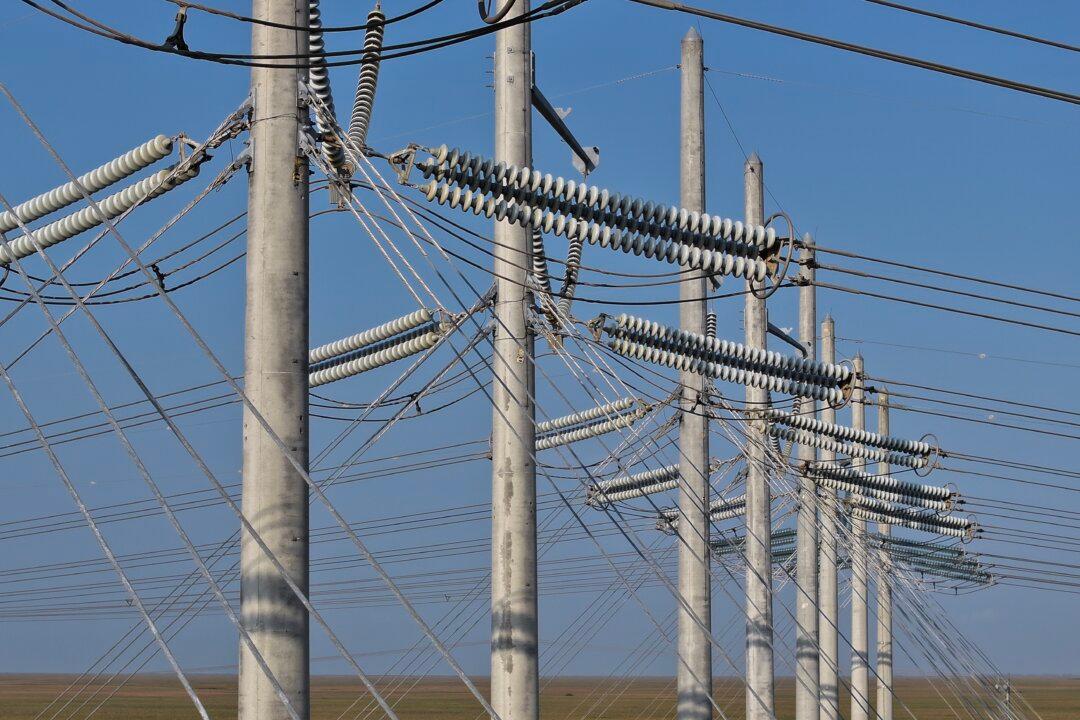China’s tech sector is becoming uninvestable for a host of reasons, not least that the Beijing regime hates capitalism. It’s a communist country and its leader, Xi Jinping, appears to be a true believer and on track to be emperor for life.
Cramer said it’s “impossible” to advocate investing in Chinese stocks at any price point given a looming cold war, human rights abuse, and disregard for shareholders.
“I think that President Xi has complete contempt for us, complete contempt for shareholders, and very contemptuous of rich people whom he thinks threaten his power,” Cramer said.
China’s top market regulator hit Tencent, JD.com, Alibaba, and Bilibili. Some companies were down more than 6 percent on the news.
The video streaming platform iQiyi lost 85 percent of its value since a high in 2021 in part due to investor concern that censorship is weighing on the supply of creativity and new shows that can keep viewers engaged.
Linus Yip, a strategist at First Shanghai Securities, told Bloomberg that “China is at the stage of implementing many tightened policies and rules that the government announced last year on the technology sector.” He said the “heightened volatility” may last through March.
“I don’t trust the data. I don’t trust the relationship between the United States and China anymore. I think that investments in China could be confiscated.”
In December 2021, China’s Didi ride-hailing app announced it would delist from the New York Stock Exchange (NYSE) and relist in Hong Kong. Didi had just gone public—in effect robbing its new shareholders.

Over the past months, Beijing regulators cracked down hard on a broad range of Chinese tech giants—wiping out billions of dollars worth of shareholder value through the arbitrary introduction of surprise anti-monopoly legislation and data security rules.
The effects of Beijing’s tech crackdown go deeper than just stock valuations, however, to cut into the young and entrepreneurial workforce that drives the sector.
An in-depth report by Li reveals that Chinese tech workers are increasingly unemployed as Xi orders “unbridled” regulatory hits and “meddling in big ways and small” into the industry, lopping off value and decreasing capital that can be deployed in the long-term investment that’s necessary to bring in new hires, much less keep those already on the rolls.
“Beijing’s hyper-political approach shows that it’s more about the Communist Party taking control of the industry than about leveling the playing field,” according to Li.
“The crackdown is killing the innovation, creativity, and entrepreneurial spirit that made China a tech power in the past decade.”
She argues that the “pride and ambition” of a few years ago have been replaced by “fear and gloom” as Chinese tech companies lower growth targets.
The downward pressures of the tech crackdown are leading some CCP leaders to be critical, even when doing so can lead to imprisonment or disappearance.
Given the totalitarian threat that the CCP poses to the world, perhaps it’s good that China’s tech sector is struggling. But the cause of the failure should also be a warning to us all. Xi Jinping is not a friend to anyone, anywhere, who challenges his unfettered power.





